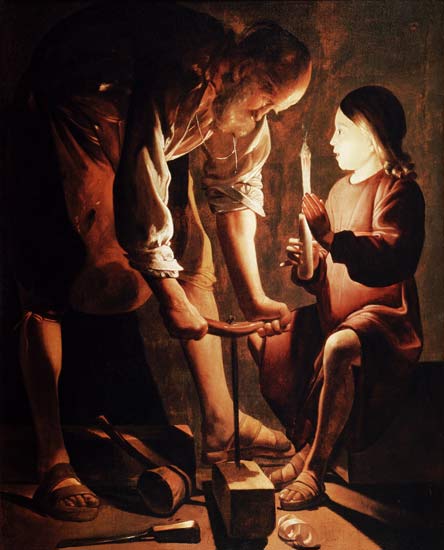 Now that I'm on vacation, I finally got a chance to crack open a book that's been sitting on my nightstand for about a year (and I do mean literally crack open, since this book came wrapped tightly in plastic shrink-wrap so that it was impossible to peek inside and get a preview without damaging the "newness" of it.). Anyway, when I finally did open it this week, I was disappointed to see that it covered, not the ususal Continental Reformation figures like Luther, Calvin and Zwingli, but exclusively characters of the English Reformation -- Henry VIII, Elizabeth I, Mary Tudor, Thomas Cromwell, etc, etc. My disappointment quickly waned, however, once I started reading the book, and I have scarcely been able to put it down since. Hilaire Belloc has long been one of my favorite writers and the accounts he gives of these historical figures is just fascinating. Here is the Product Description from the publisher:
Now that I'm on vacation, I finally got a chance to crack open a book that's been sitting on my nightstand for about a year (and I do mean literally crack open, since this book came wrapped tightly in plastic shrink-wrap so that it was impossible to peek inside and get a preview without damaging the "newness" of it.). Anyway, when I finally did open it this week, I was disappointed to see that it covered, not the ususal Continental Reformation figures like Luther, Calvin and Zwingli, but exclusively characters of the English Reformation -- Henry VIII, Elizabeth I, Mary Tudor, Thomas Cromwell, etc, etc. My disappointment quickly waned, however, once I started reading the book, and I have scarcely been able to put it down since. Hilaire Belloc has long been one of my favorite writers and the accounts he gives of these historical figures is just fascinating. Here is the Product Description from the publisher:Perhaps the most fascinating book ever written by this great Catholic historian. Here in bold, living colors Belloc sketches the destructive results of the greed, lust, weakness, tenacity, blindness, fear and indecision of 23 famous men and women of the Protestant Reformation period, analyzing their strengths, mistakes, motives and deeds which changed the course of history. Belloc cites Anne Boleyn, not the weak-willed Henry VIII as the "pivot figure" of the English Reformation, for it was her iron will to be Queen which started the movement. He describes Cromwell, the monastery looter and destroyer, as "the true creator of the English Reformation." He shows how the crafty William Cecil accomplished the task of "digging up the Catholic Faith by the roots" and "crushing out the Mass from English soil." Belloc also highlights the fatal error of Cardinal Richelieu in putting France before Catholicism and thus torpedoing Europe's last great chance of keeping Christendom united. Belloc warns that this breakup of Christendom may still destroy our Christian civilization. Even those who think they do not like history will be unable to put this book down. Brings history vividly to life!
Belloc's main thesis in this book is that, if the English Reformation had failed -- and it had every opportunity to do so -- Protestantism as a movement would have quickly died out. Once England went Protestant and placed it's newly found naval and trading power behind it, it could not help but quickly aid in the spread of Protestant influence.
Of course Belloc writes as a Catholic, so not all will agree with his analysis of history, but it is a refreshing counterbalance to other versions of this history we are used to hearing, first in school, and as foisted upon us by the popular media, especially in such laughable movies as "Elizabeth."











No comments:
Post a Comment